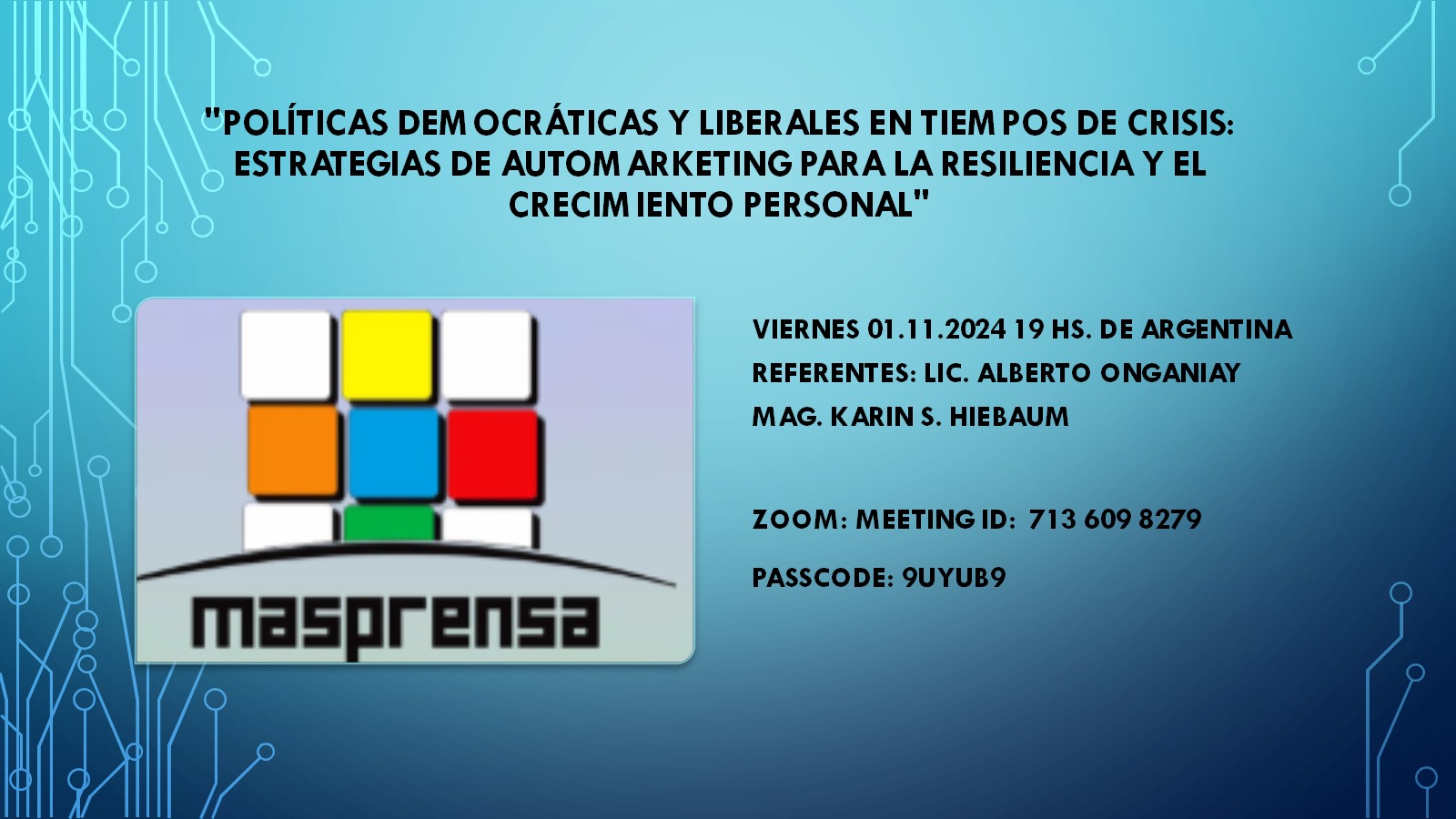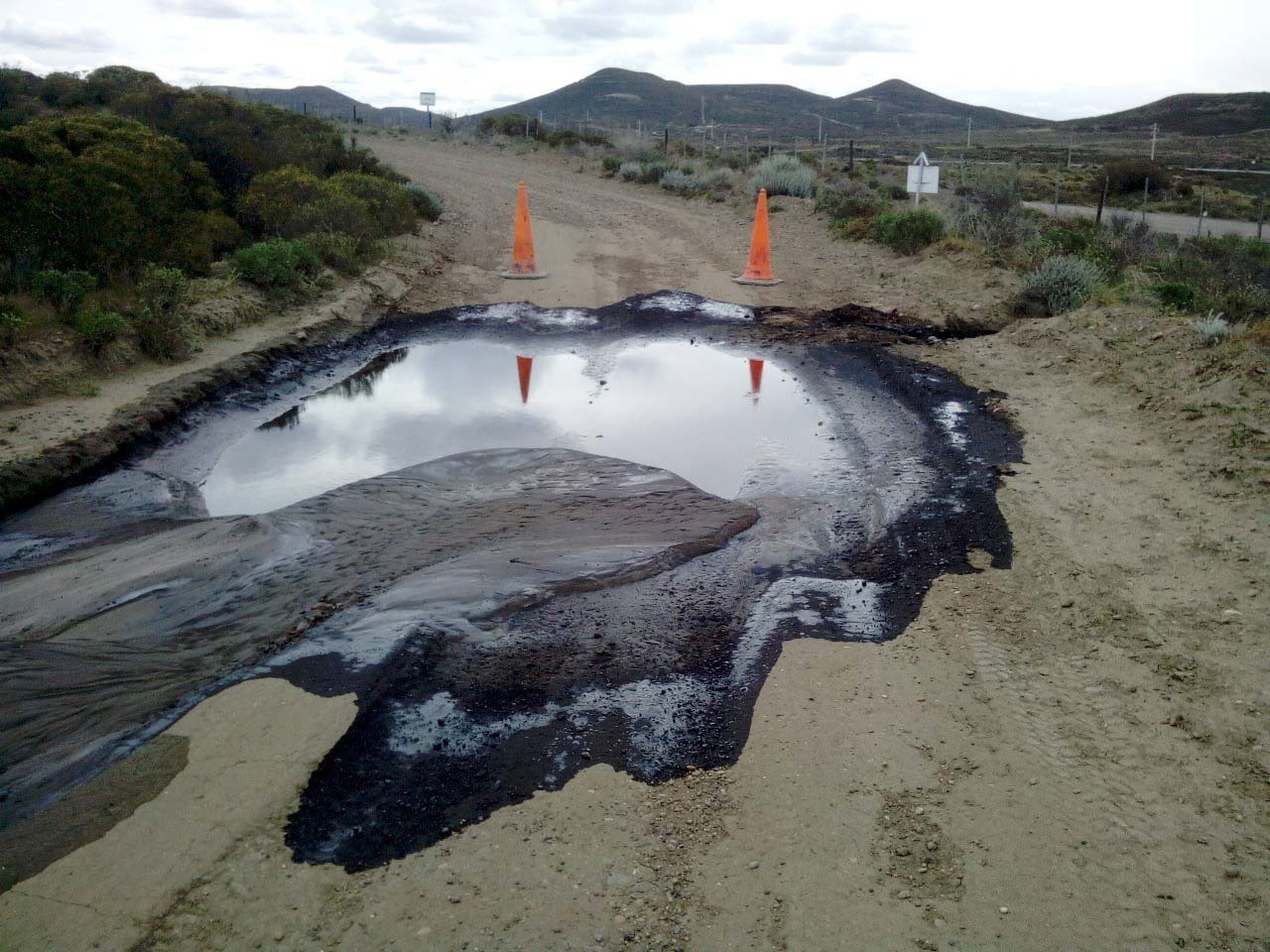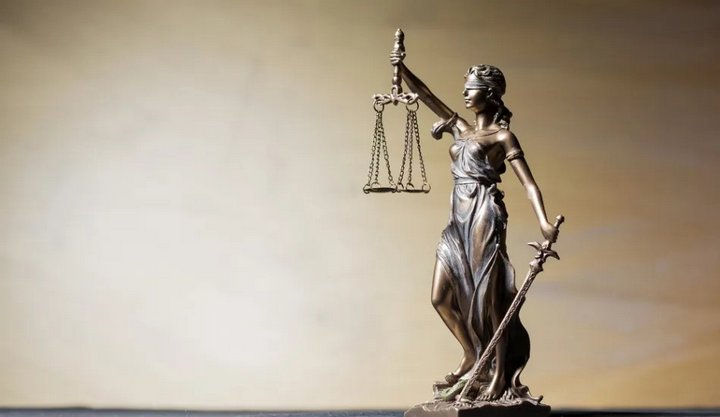Chapter 1: Democratic and Liberal Policies – Fundamental Definitions and Differences
By MMag. Karin S. Hiebaum
Introduction to Democratic and Liberal Policies
On the global stage, democratic and liberal policies have become central axes in the formation of modern societies. Although these terms are often mentioned together, they represent different conceptual and operational frameworks that manifest in contrasting ways during times of economic and social crisis. Democratic policies focus on inclusion, collective well-being, and political representation; in contrast, liberal policies emphasize individual freedom, economic competition, and a minimal role for the state in the economy.
In this chapter, we will break down the foundations and objectives of each approach and their manifestations in moments of uncertainty, analyzing the values and principles that underpin these policies and their impact on the daily lives of citizens. We will also examine how they have been applied in different contexts and the criticisms both perspectives have received, particularly in Latin America.
1.1 Definition and Principles of Democratic Policies
Democratic policies are grounded in the principles of equality and citizen participation in decision-making. Within this framework, democratic systems aim to ensure that all individuals, regardless of their economic or social status, have a voice and representation in government. This principle extends to the protection of human rights, freedom of expression, and equal access to public resources and justice. Democracy also fosters transparency and accountability, requiring that leaders respond to their citizens.
The fundamental principles of democratic policies include:
- Citizen Participation: Active participation in local and national decisions is encouraged through voting, activism, and public debate.
- Equality Before the Law: All citizens have equal rights and opportunities, and the state is responsible for ensuring equitable access to resources and services.
- Protection of Human Rights: Democracies seek to guarantee the freedom, dignity, and well-being of all their members, preventing abuses of power.
However, in times of crisis, democracies face the challenge of balancing citizen participation with the need for quick and effective decision-making, which can create tensions between citizens and their governments.
1.2 Definition and Principles of Liberal Policies
Liberalism, as a political and economic current, is rooted in individual freedom and personal initiative. Its primary objective is to promote economic and social development through competition, innovation, and individual autonomy in relation to the state. Liberal policies advocate for limited government, focusing on the defense of individual rights and the free market. Under this philosophy, economic growth arises from individual actions in an environment of low state regulation, allowing individuals to compete and thrive based on their merits and efforts.
The basic principles of liberal policies include:
- Individual Freedom: Each person is responsible for their decisions, and autonomy in economic and social life is encouraged.
- Free Market: A self-regulating market is seen as the best mechanism for distributing resources and opportunities.
- Minimal State Intervention: The government intervenes only to ensure security and basic rights, without interfering in economic development.
Liberalism is noted for its ability to foster creativity and innovation. However, it also faces criticism when, in times of crisis, the lack of state intervention is perceived to exacerbate inequality and limit access to essential services for certain groups.
1.3 Fundamental Differences Between Democracy and Liberalism
While both systems share certain values, such as individual freedom and respect for rights, their approaches differ on fundamental aspects:
- The Role of the State: In democracies, the state plays a central role in regulation and service provision, while liberalism prefers a reduced state that does not intervene in the economy beyond what is essential.
- Social and Economic Equality: Democracies seek levels of equality in access to services and opportunities, while liberalism views economic differences as potential motivators for personal effort and innovation.
- Priority Between the Individual and the Collective: In a democracy, collective rights are considered a priority for the common good. In contrast, liberalism holds that collective well-being emerges as a consequence of individual prosperity and freedom.
These differences have sparked intense debates about which system is more effective in times of crisis. The tension between protecting the most vulnerable and fostering individual autonomy becomes even more critical when resources are scarce and needs are high.
1.4 Democratic and Liberal Policies in Times of Crisis
Historically, crises have tested both democratic and liberal policies, forcing governments to adapt to exceptional circumstances. During economic or social crises, democratic governments tend to implement welfare policies to protect citizens, such as subsidies and employment programs. In contrast, liberal governments often favor austerity measures and reductions in state spending, arguing that excessive state intervention could hinder recovery.
Example 1: The Great Depression and the New Deal
The Great Depression of the 1930s was a pivotal moment when the United States, under Franklin D. Roosevelt’s leadership, implemented the «New Deal» to stimulate the economy. Although the U.S. is considered a liberal nation, the New Deal introduced democratic policies by expanding the state’s role in job creation and market regulation.
Example 2: The 2008 Crisis and Austerity Measures in Europe
The financial crisis of 2008 presented another scenario where the dichotomy between democratic and liberal policies was evident. While some European countries implemented austerity measures, others opted for stimulus policies to support the most affected sectors. The debate between austerity and stimulus continues to be relevant in the context of crisis.
1.5 Criticisms and Challenges in the Application of Democratic and Liberal Policies
Both systems face criticisms when responding to complex crises. Democratic policies are often criticized for relying too heavily on the state and failing to incentivize individual responsibility, while liberal policies are seen as insufficient for protecting the most vulnerable during difficult times.
The main challenges include:
- Democracy: Faces the risk of bureaucratization and the difficulty of making agile decisions in urgent contexts.
- Liberalism: Can lead to increased social inequality, as some sectors may lack the capacity to compete in a free market.

Conclusion
Democratic and liberal policies represent two distinct approaches to power and economic management. In times of crisis, their differences become more apparent, and the effectiveness of each approach depends on contextual factors and the adaptability of leaders. This chapter has presented the basic principles of both currents, paving the way for a more detailed analysis of how they are applied in scenarios of economic and social instability, and how self-marketing, from a liberal perspective, can help individuals strengthen their role in society and their personal resilience.

















0 Comentarios